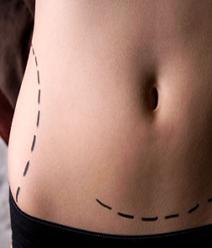September 16, 2016
There’s nothing worse than incessant tossing and turning just as soon as you’ve decided to check out for the evening and hit the sheets. Some nights may be more restless than others depending on a number of factors, such as stress, anxiety, chronic pain or just the type of following morning that you’re anticipating. While this issue might not be resolved overnight (literally), we do have a few tuck-in tips to help out with possible sleeplessness.
Consistency is Key
While some of us may get overly excited about sleeping in on the weekends, it’s important to be aware of how this can affect the rest of the week’s sleeping schedule. Next time you’re considering wearing your blanket until noon, reconsider this version of self-imposed jet lag, and find a consistent schedule that works generally the same for you seven days a week.
Exercise Accordingly
Not all of us have the luxury of time, so a last minute work out right before bed may be our only option sometimes. However, it’s recommended to avoid the gym within three hours of your bedtime.
Avoid Technology
Aside from setting your phone alarm, try to avoid checking your email or scrolling your newsfeeds right before bed. This can be one of the biggest sleep offenders of all. Engaging in this kind of activity can make it extremely difficult for our brains to turn off completely, even hours into the night.
Try Aromatherapy
The scent of lavender has been shown to have multiple calming benefits and can aid in providing you with a much deeper sleep as well. Opt for a bedside oil diffuser or even sprinkle a few drops on your pillow just right before bed.
Leave comment


